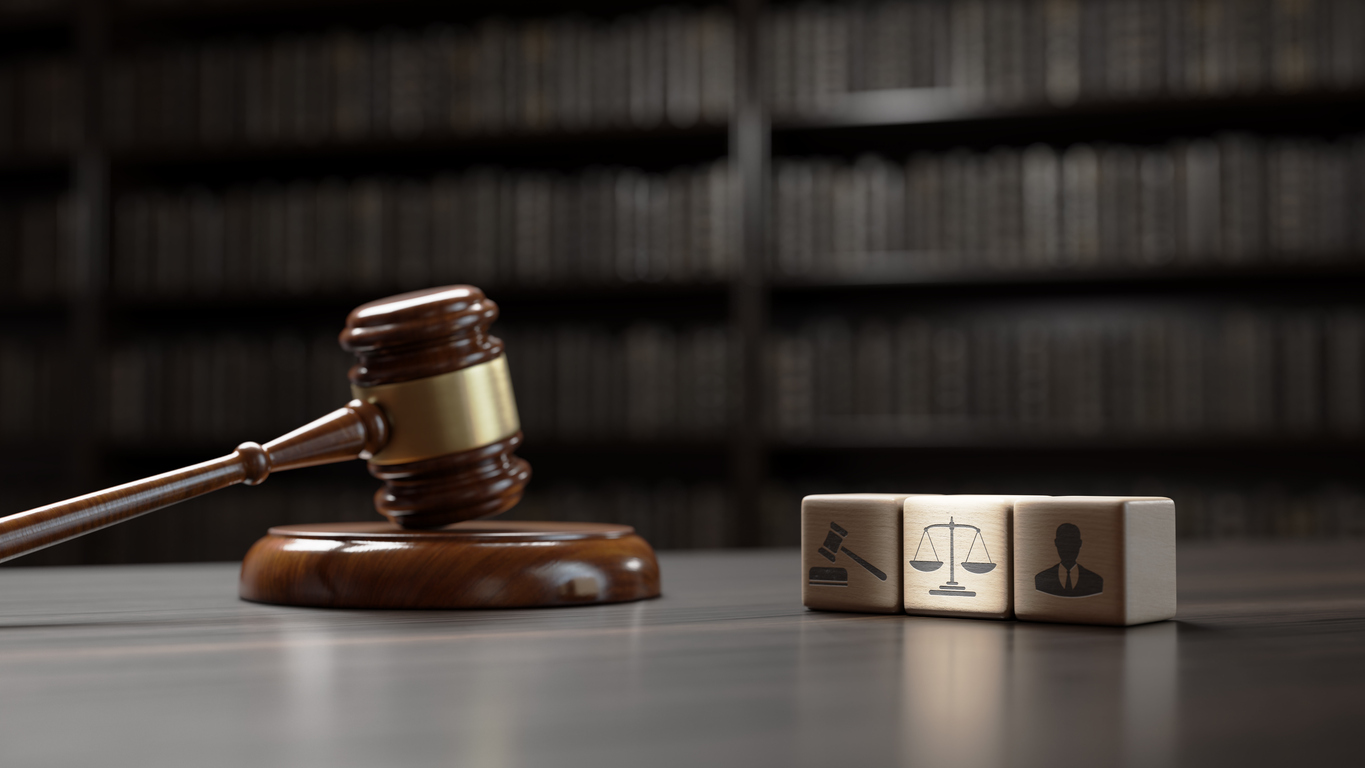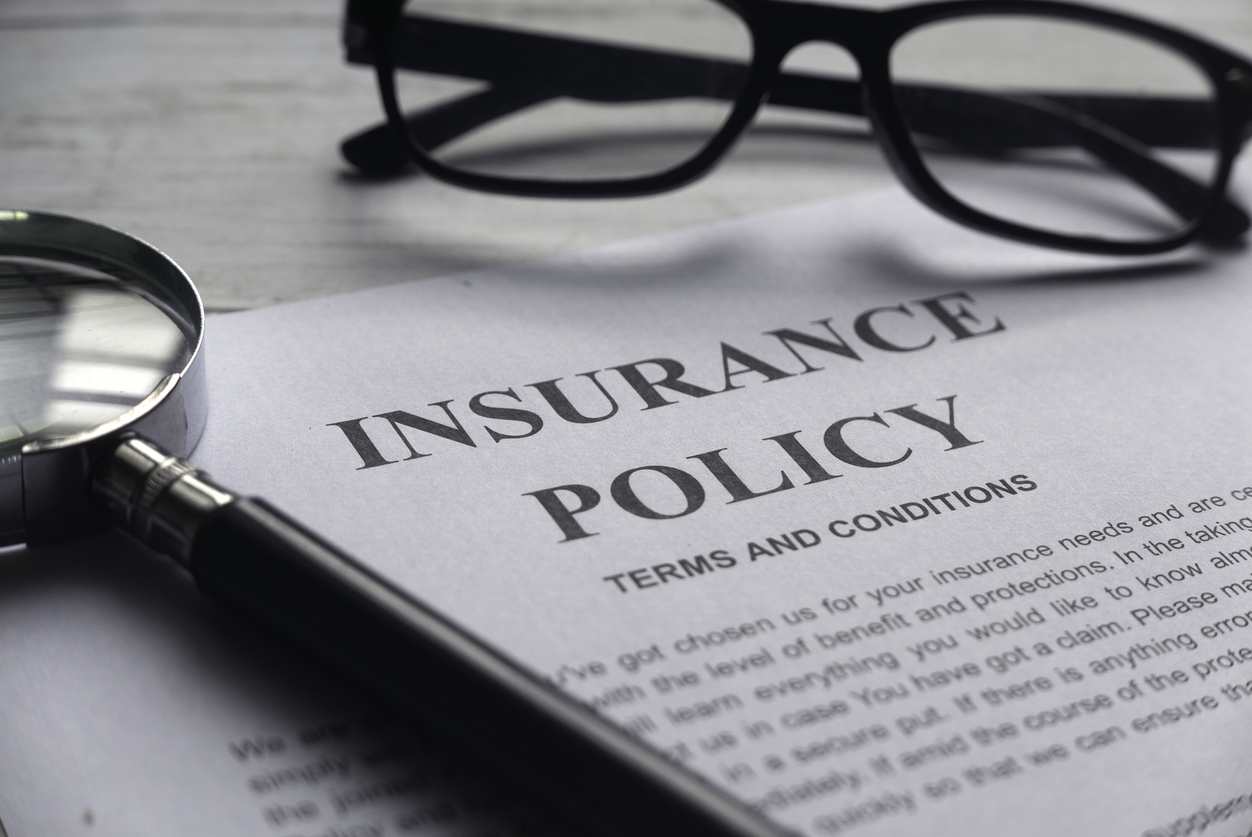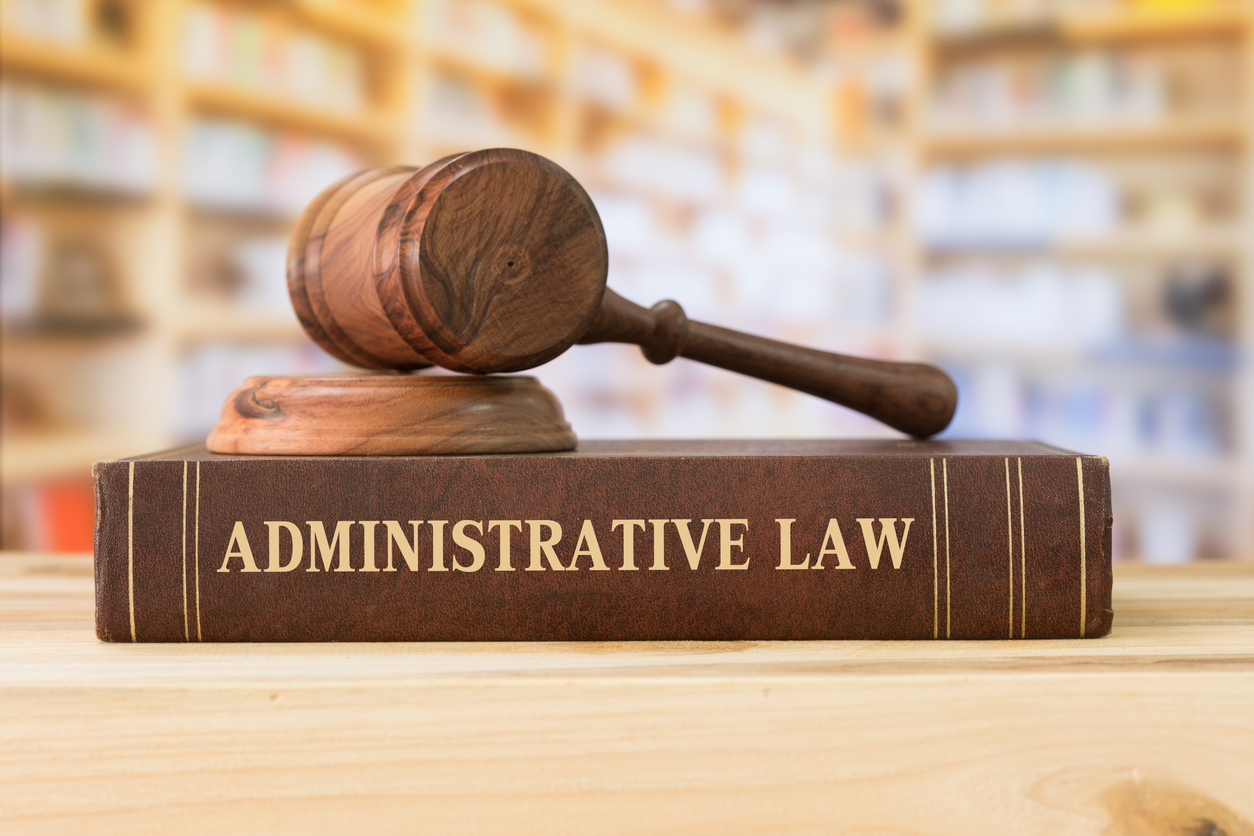Residential property damage attorneys who represent policyholders for any length of time will eventually come to the realization that getting a favorable verdict or settlement is only half of the battle. If there is an existing mortgage on the damaged property, the fight to make the Policyholder whole is far from over. While it has proved difficult in recent years to get the mortgage holders to endorse the checks for insurance proceeds so that we as residential property damage attorneys can comply with our ethical obligation to deposit the funds into our trust account. More recently, the mortgage holders have been almost rabid in their obstructionist conduct in refusing to endorse the checks to be deposited in our trust account, further delaying the Policyholder from receiving the insurance proceeds and causing them to endure living in a damaged home or displaced from their home.
This week, our office had the misfortune of contacting a mortgage holder whose conduct can only be characterized as obstructionist. Our firm provided the mortgage holder with all of the documents requested. The mortgage holder’s position as of this writing is that they will not endorse the check and return it to us to be deposited into our trust account. However, this mortgage holder explicitly stated that even if we endorse the check and submit it to them, they would not reimburse our expenses (which are approximately $29,000.00), nor would they pay our earned attorney fees out of the settlement proceeds. I was incredulous. The mortgage holder based their position on the fact that they (the mortgage holder) did not hire us to represent their mortgagees, that they (the mortgage holder) did not sign a retainer agreement with our firm, and that they (the mortgage holder) did not agree in any contract to reimburse the firm for litigation expenses incurred in connection with the property damage to the asset that secures the mortgage! This may seem like a joke, but I promise you it is not. A survey of the other offices in our firm revealed some of the same difficulties with the mortgage holders.
I had an epiphany. I recalled a rarely used proceeding that we learned about in Second Year Law School, Louisiana Civil Procedure – one that barely merited a mention by the professor and definitely was not covered on the Bar exam – provoking a concursus proceeding. For the uninitiated, a “concursus proceeding is one in which two or more persons having competing or conflicting claims to money, property, or mortgages or privileges on property are impleaded and required to assert their respective claims contradictorily against all other parties to the proceeding.” 1 Interestingly, the verbiage used in the research is that a litigant does not “file” a concursus proceeding, a litigant provokes one.
Due to my unfamiliarity with provoking a concursus proceeding, I did some additional research. Turns out, this is not unprecedented. In Irons v. US Bank, the mortgage holder took a similar untenable position. 2 In Irons, the homeowners suffered damages to their residences as a result of Hurricane Katrina. They signed a contingency fee contract with a hurricane claim attorney and were successful in recovering additional insurance proceeds. The insurance companies made the settlement checks payable to the homeowner, U.S. Bank, and the hurricane claim attorney. Given the ethical mandate in Louisiana that an attorney deposit settlement checks into its escrow account before dispersing the funds, the hurricane claim attorney requested that U.S. Bank endorse the checks. U.S. Bank refused to do so.
The policyholders and the hurricane claim attorney provoked a concursus proceeding against U.S. Bank and subsequently filed a motion for summary judgment. The District Court excoriated US Bank, ruling that the mortgage holder did nothing to protect its interest, yet expected to reap the benefits of the insured homeowner’s and the insured homeowner’s attorney’s work and expense. The hurricane claim attorney was the first—and only—attorney to expend resources and effort to obtain a bigger recovery on behalf of the homeowner and, consequently, the mortgage holder. The hurricane claim attorney alone interrupted prescription3 and commenced the accrual of judicial interest. Not allowing the hurricane claim attorney to recover its fees would be an untenable result.
The Louisiana Court of Appeal affirmed the judgment of the District Court, holding that the law firm’s privilege for contingency fee was superior to the mortgage holder’s interest as an additional loss payee under the policies. The court of appeal based its holding on the application of La. R.S. 37:218(A), which provides in pertinent part:
By written contract signed by his client, an attorney at law may acquire as his fee an interest in the subject matter of a suit, proposed suit, or claim in the assertion, prosecution, or defense of which he is employed, whether the claim or suit be for money or for property. Such interest shall be a special privilege to take rank as a first privilege thereon, superior to all other privileges and security interests under Chapter 9 of the Louisiana Commercial laws.
The court specifically rejected US Bank’s meritless claims that “when an insurance policy contains a loss payee clause, the mortgagee is contractually entitled to all of the insurance proceeds before the mortgagor-owner or those claiming through the owner are entitled to recover any amount.” The court based its decision primarily on the following uncontested facts, which can serve as a bright-line test for those courts who adjudicate these claims:
- The homeowners have contingency fee contracts with the hurricane claim attorney for that firm to seek increased insurance proceeds for their hurricane-related property damages.
- The hurricane claim attorney succeeded in obtaining increased insurance proceeds from the homeowners’ insurance companies;
- The insurance companies have made the settlement checks payable to the homeowner, the mortgage holder, and the hurricane claim attorney;
- The hurricane claim attorney has requested authorization from the mortgage holder to deposit the insurance settlement checks into its escrow account; and,
- The mortgage holder did not participate in the recovery of the funds at issue.
As residential property damage attorneys and hurricane claims attorneys who represent policyholders, our advocacy cannot end with a favorable settlement or verdict against the insurance company. In order to comply with our ethical obligations, we must challenge these unjustified, unwarranted obstructionist tactics that the mortgage holders are using to seize proceeds that should be disbursed to our clients and to the attorneys whose hard work, substantial effort, and financial risk advancing litigation expenses secured those increased insurance proceeds for the policyholder in accordance with trust accounting rules that every attorney is obligated to follow.
1 La Code Civ. Proc. Art. 4651 (2025).
2 Irons v. U.S. Bank, Inc., 966 So. 2d 646, 647 (La. App. 4 Cir. 2007)(see also, Richards v. Louisiana Citizens Prop. Ins. Corp., 623 F.3d 241 (5th Cir. 2010).
3 Prescription is a Louisiana Civil Code term for what is referred to as Statute of Limitations in Common Law.




